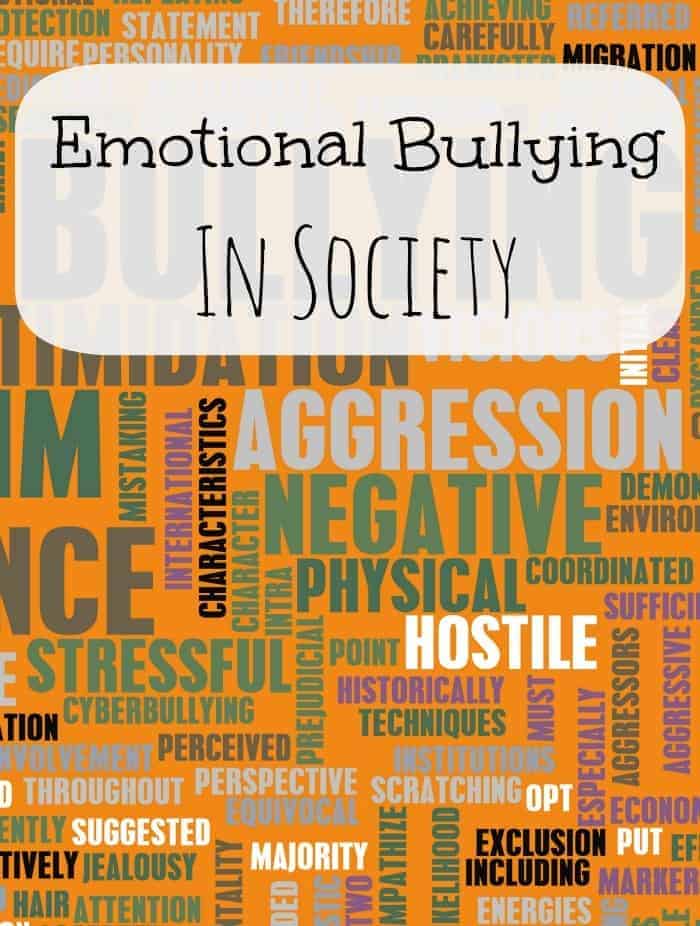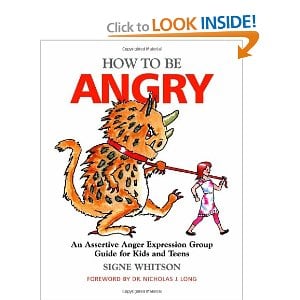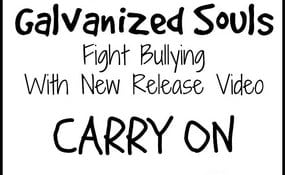
As we have discussed in the past, physical bullying is not the only form of bullying out there. Many people are in fact bullied daily on an emotional and mental level. Emotional Bullying In Society is something that we tend to brush past and ignore if possible, because when it comes to emotions, many individuals still want to stay private. With the influx of cyber bullying in the last decade, emotional bullying has become more prevalent amongst peer groups and poses a true threat to our children and ourselves.
EMOTIONAL BULLYING IN SOCIETY
EXAMPLES OF EMOTIONAL BULLYING:
-
Cyber Bullying: Hiding behind a screen to call other individuals names, spread rumors or belittle their belief systems has become common place. Even amongst our children this is common place. While they may never bully at school, they can do so online without fear of punishment.
-
Being Removed From Circle Of Peers: This often happens with teens and amongst adult women. Removing or ostracizing an individual from their circle of peers is not physically harmful but emotionally harmful and a common form of bullying today.
-
Religious Exclusion: In some religious sects excluding someone from worship, or even from peer groups is a form of bullying when they do not conform to standards. While each religion has it’s own set of beliefs and rules, some individuals will exclude another person out of spite or hatred due to their “sin” or short coming, rather than include them and offer love and support.
-
Comments Regarding Appearance: With the media onslaught around us of what is acceptable in appearances, many individuals do not fit the mold. This leaves the bulk of society a target for emotional bullying regarding their appearance. Terms like “she’s so fat”, “he is too short”, “wow they are ugly” are commonplace and wrong. The constant criticism of celebrities in shows and magazines talking about “worst dressed” or the latest plastic surgery only serve to applaud such bullying tactics rather than dissuade them. Kids dealing with childhood obesity are often targets too.
-
The use of derogatory names or slurs: The common use of the word “retard” or “retarded” has been taken out of context for many years. While it is a truthful description of ones abilities in some areas being stunted or retarded in development, it has become a common place vernacular that is used as a term to belittle someone no matter their actual abilities. Many other names are used daily to describe people in a way that is unsavory.
-
Controlling another persons actions: The use of force on an emotional level to control another persons actions has become common not only in adult abusive relationships but in all peer groups. By making statements about what another chooses to do, and belittling them, berating them or threatening them with harm or punishment if they proceed the emotional level of bullying is high. A threat itself does not have to be carried through to be a form of emotional bullying. The threat itself is all the bullying some individuals need to stay “in line” with their abuser.
Emotional bullying in society takes many forms. Some of these forms are often over looked or not recognized as such, but we must open our eyes to our own short comings and the lack of compassion we have for those around us. Take stock of your common actions toward and regarding others and determine if you personally are in some ways being an emotional bully to those around you.
Get more information about preventing bullying in our Stop Bullying Tips article.
What are your thoughts on emotional bullying in society? Tell us in the comments.


I am now over 70 and throughout my life have found that it can be very difficult to be heard and accepted for my experience and views. Now, having six grandchildren I can see their struggle to do the same and overcome emotional bullying. I welcome this forum to express this concern. Thank you.
How well I remember the taunting that my son received all through middle school and high school. We gave him the option of changing schools but he choose not to because he was convinced that it would be no different there. Now that he is ten years past high school, he is fortunate to have learned some good coping skills through it all. Thank goodness for us all it never reached cyberbullying.